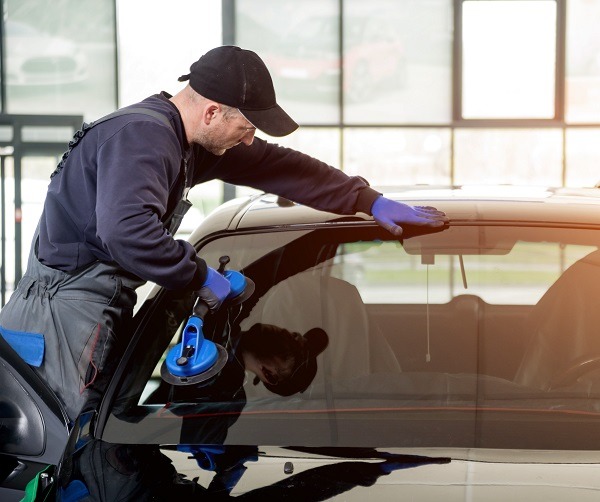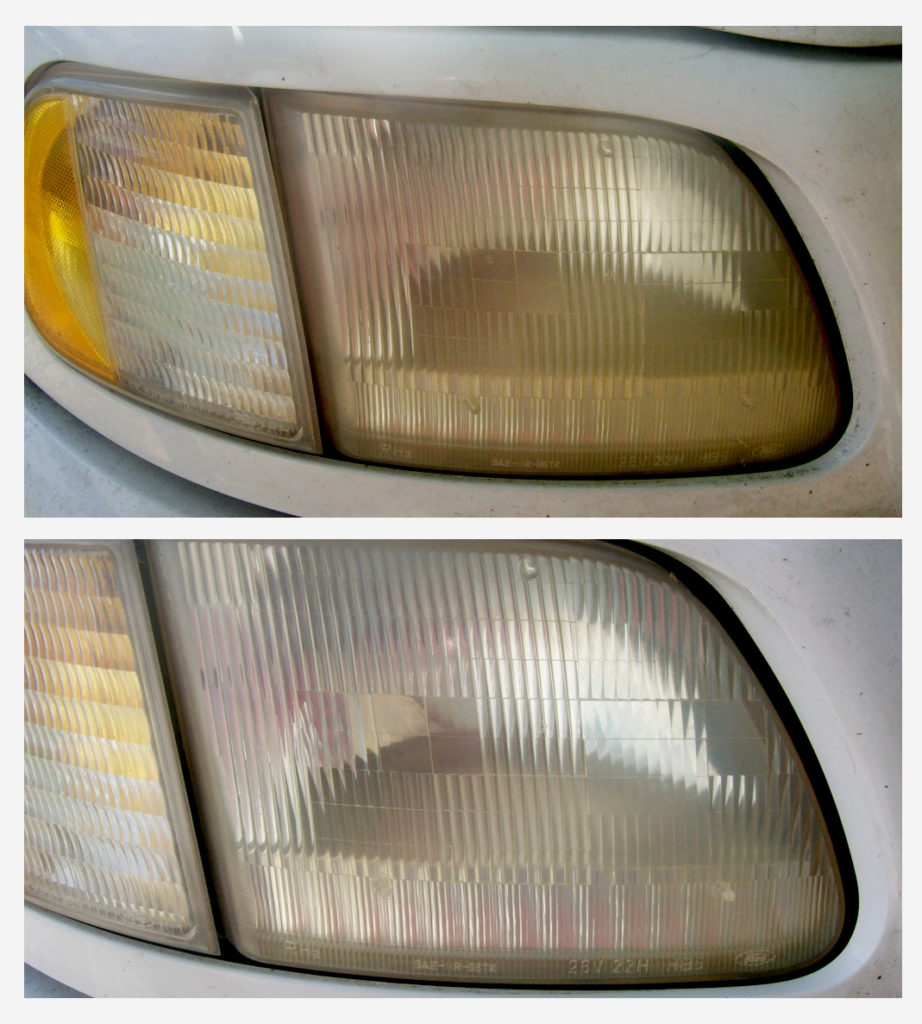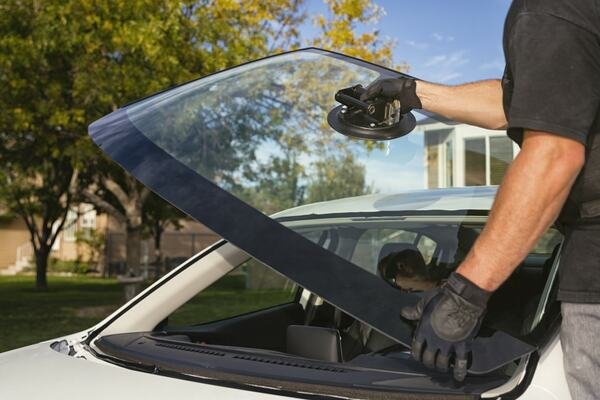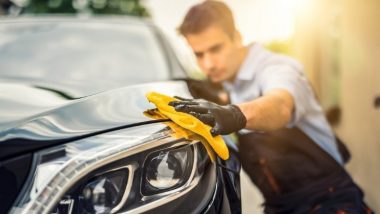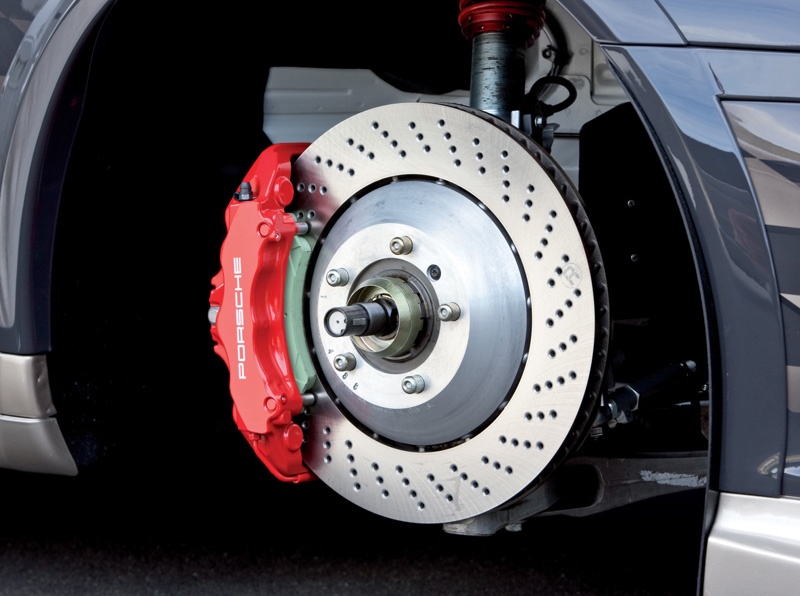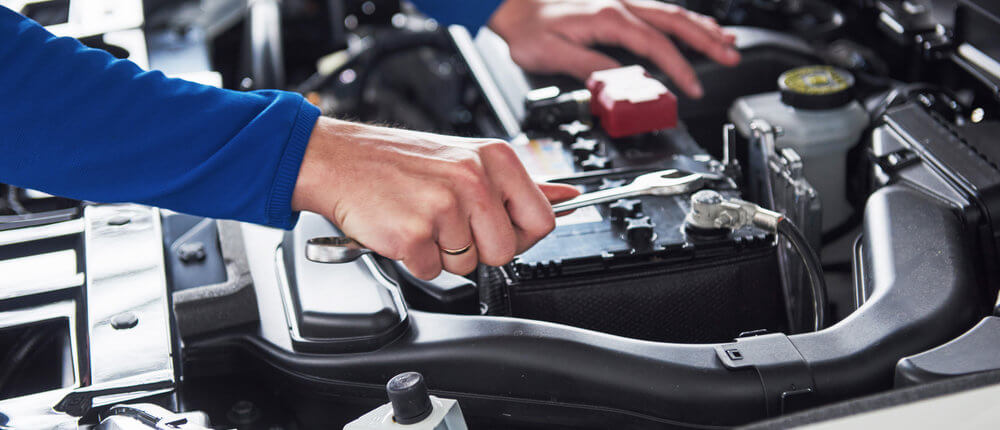
Learn Basic Car Maintenance
Welcome to our comprehensive guide on learning basic Car Maintenance. In this article, we will provide you with invaluable knowledge and practical tips to help you take care of your vehicle and ensure it remains in top shape. By following these guidelines, you can not only save money on expensive repairs but also extend the lifespan of your car. Let’s dive right in!
Importance of Regular Maintenance
Regular car maintenance is crucial for the optimal performance and longevity of your vehicle. By investing a little time and effort in basic maintenance tasks, you can prevent potential issues, enhance safety, and improve fuel efficiency. Moreover, a well-maintained car retains its value better and provides a smoother driving experience. So, let’s explore the essential aspects of car maintenance to keep your vehicle running smoothly.
1. Checking Fluid Levels
Proper fluid levels are vital for the smooth operation of your car’s engine and various systems. Regularly check and maintain the following fluid levels:
- Engine Oil
Engine oil lubricates the engine’s moving parts and helps regulate temperature. Check the oil level using the dipstick and ensure it is within the recommended range. If it’s low, add the appropriate type and grade of oil. - Coolant
Coolant, also known as antifreeze, prevents the engine from overheating. Check the coolant level regularly and top it up if necessary. Remember to let the engine cool down before opening the radiator cap to avoid burns. - Brake Fluid
Brake fluid is essential for proper braking performance. Check the brake fluid level and top it up if needed. Consult your car’s manual for the correct type of brake fluid to use. - Transmission Fluid
Automatic transmission fluid ensures smooth gear shifting. Refer to your car’s manual for instructions on how to check and add transmission fluid.
2. Tire Maintenance
Tires are the only contact point between your car and the road, making their maintenance crucial for safety and performance. Follow these tips for proper tire care:
- Tire Pressure
Maintaining the correct tire pressure is vital for safe driving and optimal fuel efficiency. Use a tire pressure gauge to check the pressure regularly and adjust it as per the manufacturer’s recommendations. - Tread Depth
Adequate tread depth ensures proper traction on the road. Insert a penny into the tire grooves with Lincoln’s head facing downward. If you can see the top of Lincoln’s head, it’s time to replace the tires. - Rotation and Alignment
Regular tire rotation and wheel alignment help ensure even tire wear and prolong tire life. Consult a professional mechanic for these tasks.
3. Battery Maintenance
A well-functioning battery is essential for starting your car and powering electrical systems. Follow these battery maintenance tips:
- Cleanliness
Regularly inspect the battery terminals for corrosion and clean them if necessary. Corrosion can hinder the flow of electricity. - Secure Connections
Ensure the battery cables are securely connected to the terminals. Loose connections can cause starting issues. - Testing
Periodically test your battery’s voltage and check its overall condition. If it’s old or weak, consider replacing it to prevent unexpected breakdowns.
4. Essential Engine Maintenance
Proper engine maintenance is crucial for optimal performance and longevity. Here are a few essential tasks:
- Air Filter
Regularly inspect and replace the air filter as needed. A clogged air filter restricts airflow to the engine, reducing fuel efficiency and performance. - Spark Plugs
Inspect and replace worn-out spark plugs at the recommended intervals. Faulty spark plugs can cause misfires, decreased power, and reduced fuel efficiency. - Drive Belts
Inspect the drive belts for wear and tightness. Replace them if they are worn, cracked, or frayed.
5. Basic DIY Repairs
While some repairs require professional assistance, there are a few basic repairs you can do yourself:
- Changing a Flat Tire
Learn how to change a flat tire by practicing the process before you actually need to do it. Keep a spare tire, jack, and lug wrench in your car. - Replacing Wiper Blades
Worn-out wiper blades reduce visibility, especially during rainy conditions. Replace them when they start leaving streaks or making noise.
Congratulations! You have now gained valuable insights into basic car maintenance. By implementing these practices, you can keep your vehicle running smoothly, extend its lifespan, and ensure a safe and enjoyable driving experience. Remember, regular maintenance is key to preventing costly repairs and maximizing your car’s performance.

